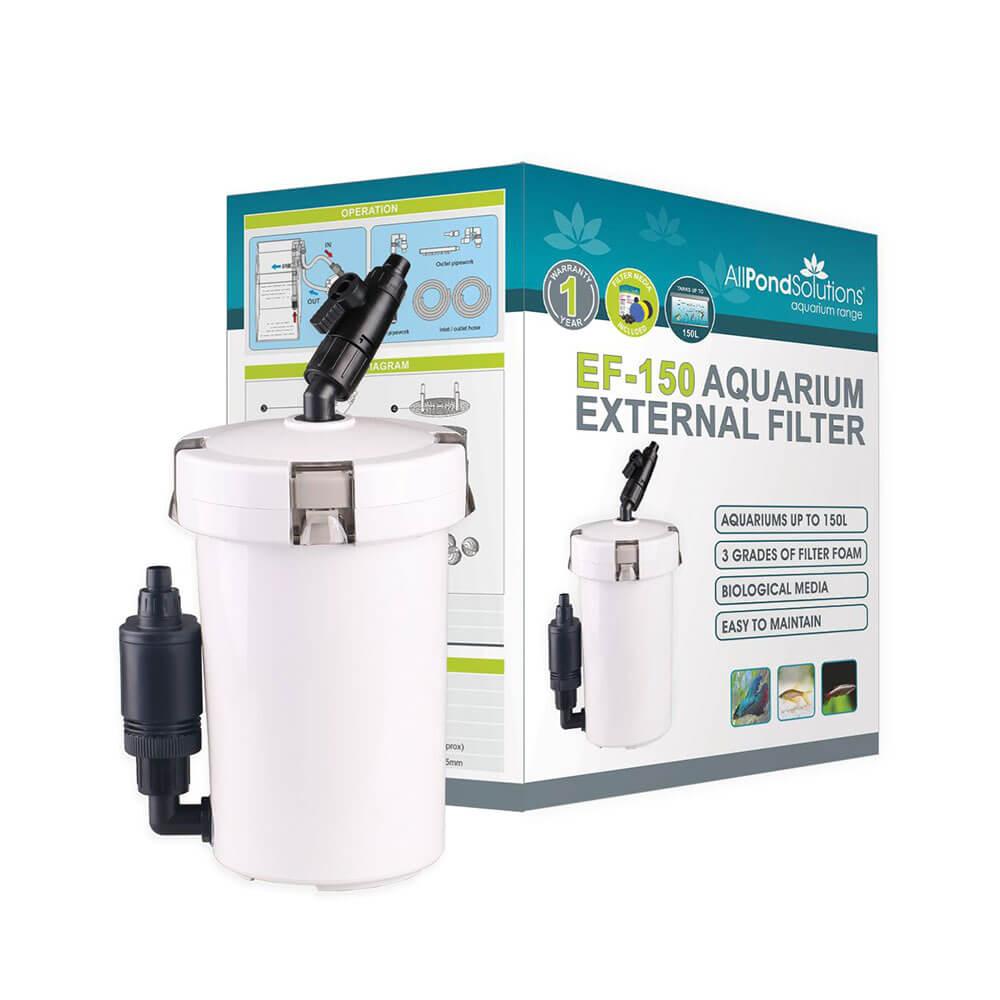Essential Pond Maintenance For Autumn
Understanding how the change in seasons will affect your pond is vital when it comes to avoiding issues such as sludge and algae. Whilst pond maintenance might regularly be on your to-do-list, there are a few additional steps you could consider taking!
Control Vegetation
As summer comes to an end, we can wave goodbye to our green leaves and thriving plants, if your pond is situated near trees then you will need to ensure you have a fish net at hand to remove leaves and debris that has fallen into your water.
If your pond is located under trees and it will become a daily task to fish out leaves, you may want to consider putting a net cover over your pond so that the leaves collect on top.
Additionally, taking control of any plants you have growing in and around your pond by trimming them back will keep your set up looking tidy and fresh after growth spurts throughout the summer. Make sure to leave oxygenating plants in your pond for the health of your fish, Use elbow length gloves when trimming your pond plants to save any toxins from your hands entering your pond.
Clean the base
It is common for organic waste to build up at the base of your pond and this can develop a foul smell if there is not enough oxygen in the water for the nitrogen cycle to complete. Not only does pond sludge smell, it looks unpleasant and is not healthy for fish or plants. There are a few measures that can be taken when aiming to remove pond sludge depending on how much time you have on your hands!
If you have a large pond, a vacuum is a quick and easy solution to removing the sludge. Alternatively, if your pond is smaller, you can try scooping out the silt with a net but do not feel like you have to remove all of it, just half will be suitable.
TIP: if you grow vegetables or flowers, you can use the silt collected from the bottom of your pond as a fertiliser.
If time is precious, or you would rather a less labour intensive option, a sludge treatment will effectively remove smelly silt at the base of your pond in just one treatment. Our treatment removes harmful ammonia and nitrite levels and boosts the performance of your filter without causing harm to your fish.
Focus On Your Fish
If you keep koi in your pond, you need to consider how the changes in weather might affect their eating habits and start to prepare for when they go into hibernation at the end of the season.
Start by ensuring that your water quality is not causing any stress to your fish and make sure your water is deep enough for them to hide throughout the cold season. You may also want to consider changing their food to one that is suited for building fat stores, such as winter wheatgerm, so that your fish remain healthy throughout winter.
Depending on how cold the temperatures drop to in the winter, pond salt might be necessary, When pond water gets colder, a fish’s metabolism slows down and its organs don’t function as well as they would in warmer water. Using a small amount of salt helps to replace the natural salt they would normally produce but are unable to due to the slower functioning – this would, in turn, make the winter time more bearable.
Pond Accessories
Whilst it is all very important to maintain good water quality in your pond and care for your fish, it is also rewarding to do some autumn decorating around your pond! As the get evenings get darker, some pond lights will increase the aesthetics of your garden.
Although it is not always necessary if you wish to completely empty your pond and give it a deep clean.
